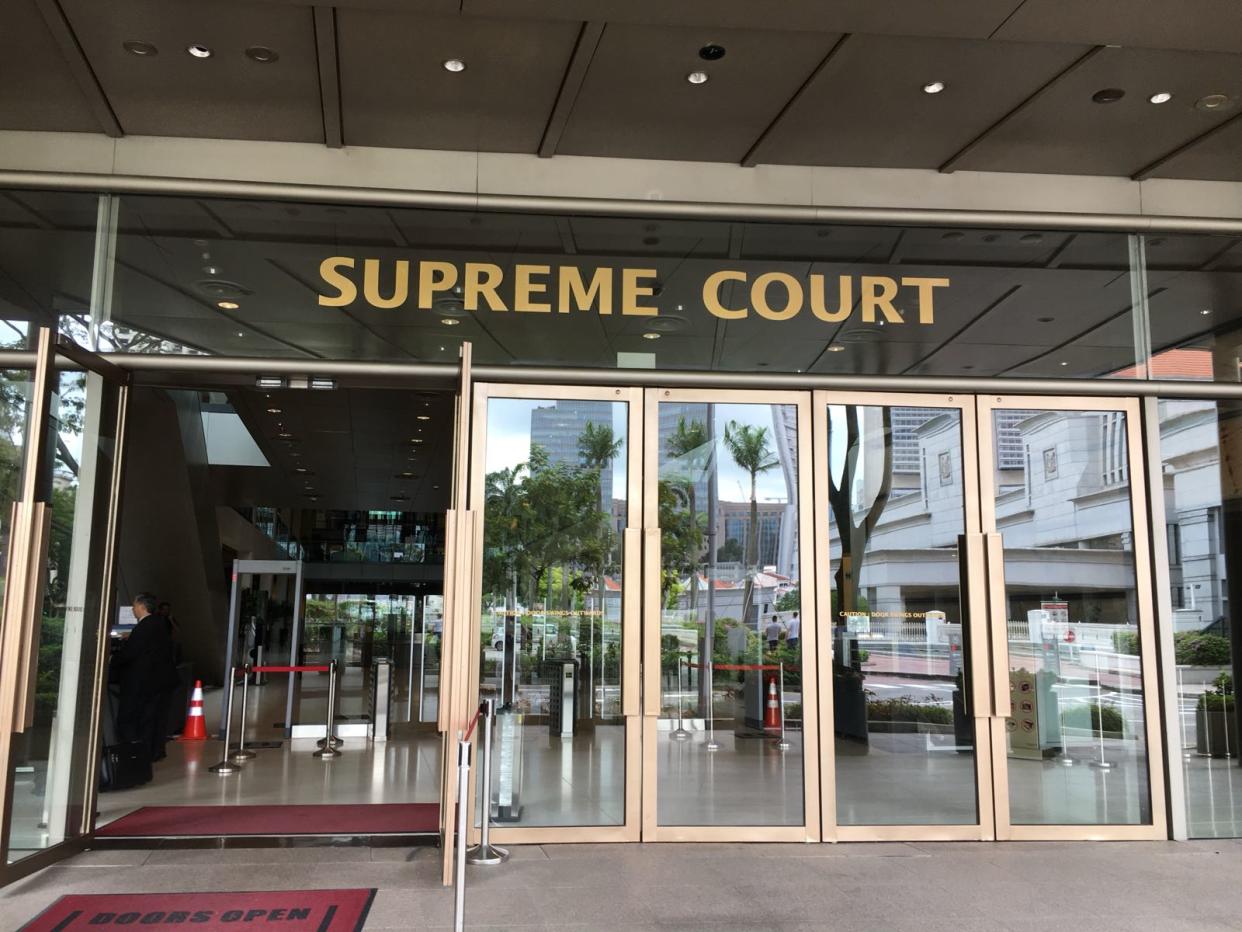Intellectually disabled boy gets reformative training for raping teen girl

A boy with an intellectual disability who raped and sexually assaulted a teenage girl was sentenced to reformative training by the High Court on Monday (12 March).
His victim, who also has below average intelligence, was 16 when the incident occurred at a lift lobby in November 2014.
Both parties cannot be named due to a gag order in what Justice Woo Bih Li described as not “a straightforward case of sentencing”.
The prosecution, led by Deputy Public Prosecutor David Khoo, had pushed for a jail term of 15 years and 15 strokes of the cane. DPP Khoo told the court that the prosecution intends to file an appeal against the sentence.
The boy, who is now 17, had pleaded guilty to one charge of rape and two charges of sexual assault by penetration on 6 February last year. He committed the offence while out on bail for other charges that he faced including burglary and snatch theft.
While distributing fliers on 21 November 2014, the boy spotted the victim, whom he did not know, at a traffic light junction. He decided to follow her into the lift of an block HDB block where she lived in because he “felt horny”.
When the lift door opened at her floor, he told her, “Baby, I love you” and pushed her against the parapet. He hugged her and kissed her despite her protests.
He then molested her and committed a sex act on her, before he pushed her to the ground and raped her. Searching through her bag, he found a comb and used it to violate her.
After committing the sexual assault, he left the girl at the lift lobby.
The girl cried when she arrived home and informed her family about the incident. The family made a police report on the same day.
DPP Khoo had urged the court not to consider reformative training and impose a jail sentence on the boy. He said a reformative training centre (RTC) regime was only for a maximum of three years and would not commensurate with the criminal acts committed by the boy. The boy may also not benefit from the RTC programme given his low intellectual ability, the DPP added.
Reformative training, which is aimed at rehabilitating young offenders, involves a structured regime of drills, counselling, vocational training and education.
The boy’s lawyer Nadia Moynihan said in his defence that the boy did not target the girl knowing that she was intellectually disabled. He had acted on his sexual urge without thinking of the consequences, said Moynihan.
The lawyer urged the court not to penalise the boy due to his low intellect, saying that he had shown remorse for his action.
In his judgement, Justice Woo Bih Li disagreed with the prosecution that reformative training should not be considered.
“I am of the view that reformative training is still an option to be considered. I accept that there is a significant risk of reoffending unless the accused is rehabilitated,” said Justice Woo. If the boy was rehabilitated, the protection of the public would be enhanced, said the judge.
Citing the boy’s intellectual disability as a “cause of concern”, Justice Woo noted a psychiatrist called upon by the defence had said that the boy should be warded in a mental institution, adding that it was not an option under the circumstances.
‘It seems to this court oversimplistic to say that because the accused is unlikely to benefit from reformative training, therefore reformative training should not be ordered,” said Justice Woo.
“What is the alternative? It seems to be simply to send him for a long term of imprisonment and caning, of which 12 strokes appeared to be mandatory…Is that the answer? I do not think so,” he said.
Taking into consideration the boy’s youth and intellectual disability, sending him for reformative training would offer a better prospect of rehabilitation than imprisonment, Justice Woo said. If he were to be sentenced to jail and caning, there was a higher risk that he could become a hardened criminal, Justice Woo added.
The case has raised questions on the limited sentencing options for young offenders with intellectual disabilities, Justice Woo said. “This is not satisfactory,” he added.



